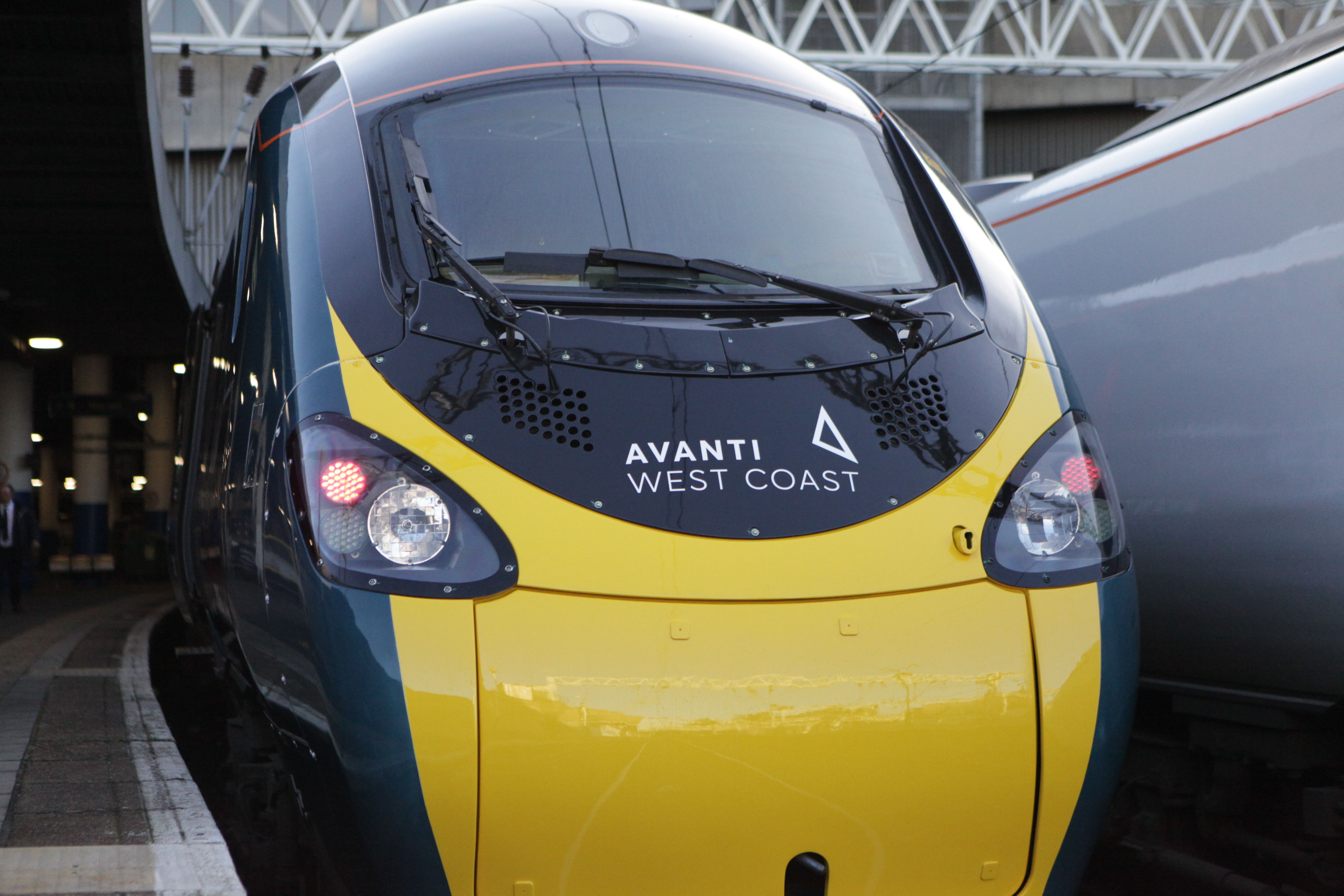Train cancellations hit record high
The worst individual operator for the 12 months to October 15 was Avanti West Coast.

Your support helps us to tell the story
From reproductive rights to climate change to Big Tech, The Independent is on the ground when the story is developing. Whether it's investigating the financials of Elon Musk's pro-Trump PAC or producing our latest documentary, 'The A Word', which shines a light on the American women fighting for reproductive rights, we know how important it is to parse out the facts from the messaging.
At such a critical moment in US history, we need reporters on the ground. Your donation allows us to keep sending journalists to speak to both sides of the story.
The Independent is trusted by Americans across the entire political spectrum. And unlike many other quality news outlets, we choose not to lock Americans out of our reporting and analysis with paywalls. We believe quality journalism should be available to everyone, paid for by those who can afford it.
Your support makes all the difference.Train reliability in Britain reached the worst level on record after another month of disruption.
The industry’s cancellations score during the 12 months to October 15 was 3.8%, according to Office of Rail and Road data.
That was the poorest reliability in records dating back to 2015.
The figures do not include trains removed from timetables before 10pm on the previous night, which is what happens ahead of strike days.
Cancellations scores reflect the percentage of services that are either fully or part cancelled.
Each part-cancellation is counted as half a full cancellation.
The score for all services in the latest available four-week period of data from September 18 to October 15 was 3.1%.
The worst individual operator for the 12 months to October 15 was Avanti West Coast, with its highest ever score of 7.7%.
It was affected by short-notice cancellations due to drivers refusing to volunteer for overtime shifts and has introduced a reduced timetable.
The Department for Transport (DfT) gave the company until April 1 next year to improve its services when it issued a short-term contract extension last month.
Govia Thameslink Railway – which consists of Southern, Thameslink, Great Northern and Gatwick Express – had the second poorest reliability in the past 12 months, with a score of 6.4%.
This was followed by TransPennine Express (5.3%) and West Midlands Trains (4.8%).
Norman Baker of pressure group Campaign for Better Transport said: “We want people to travel by train so cancellations on this scale are unacceptable.
“The Government and industry need to sort this out and ensure services run to schedule so that passengers can travel with confidence.”
A DfT spokeswoman said: “It’s unacceptable that poor levels of service are preventing hardworking people from going about their daily lives.
“We have earmarked more than £16 billion to improve passenger services since the start of the pandemic and are working closely with train operators to ensure long-term solutions are put in place so passengers can travel confidently without disruption.”
A spokesman for industry body the Rail Delivery Group said: “We understand that reliability and punctuality of train services are top priorities for rail customers.
“As with many other areas of the economy, the Covid pandemic has had a long-term impact on our services.
“The pandemic reduced the number of drivers and other staff who could be trained during 2020 and 2021, while staff absence rates have inevitably been higher since the pandemic began.
“Regrettably, these absences often lead to last-minute cancellations.
“The number of significant extreme weather events – such as heatwaves and storms – is also increasing and these can have a severe impact on services.”